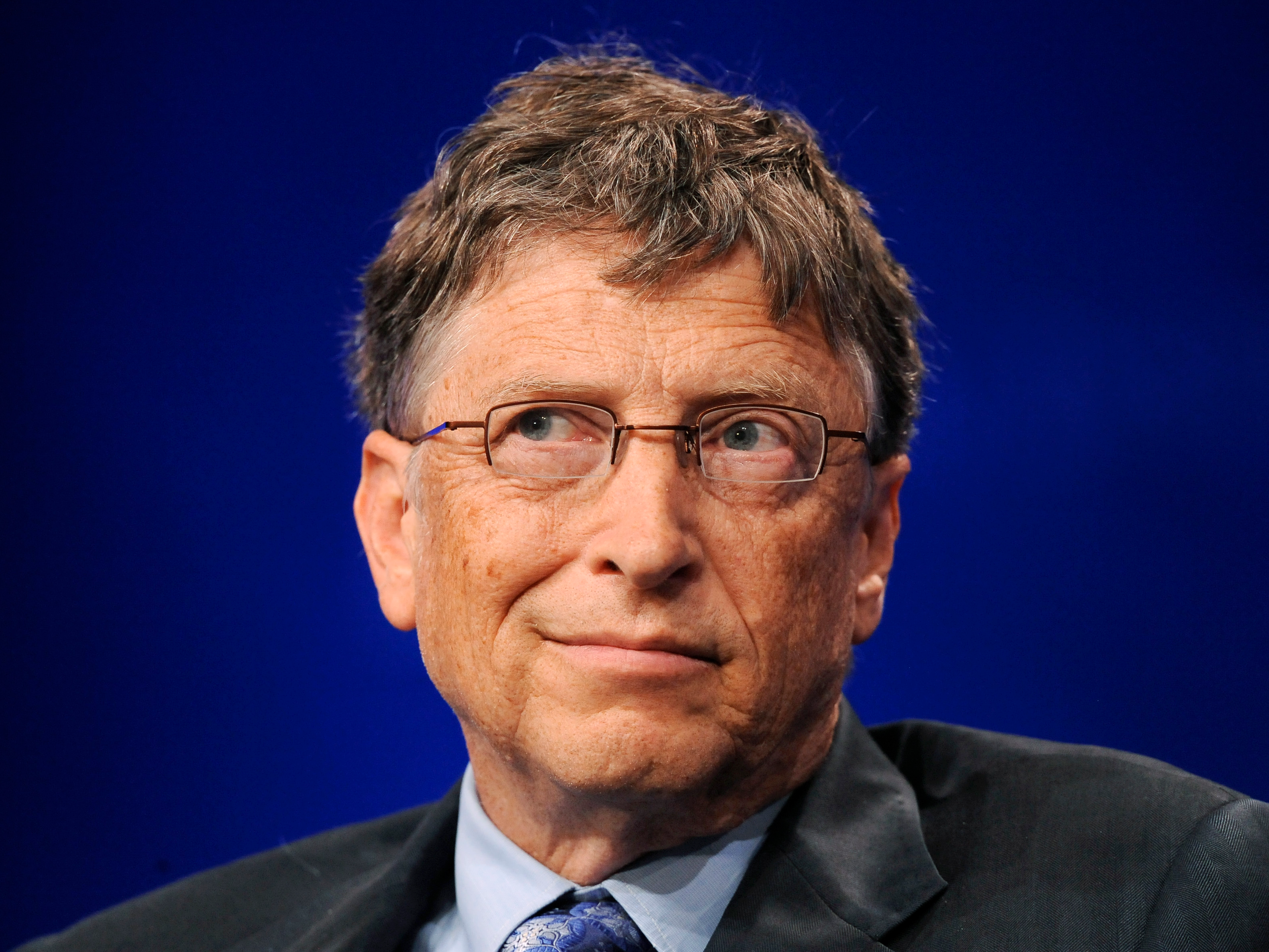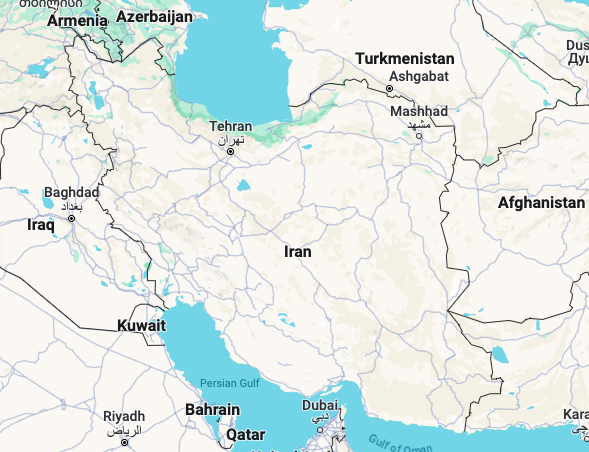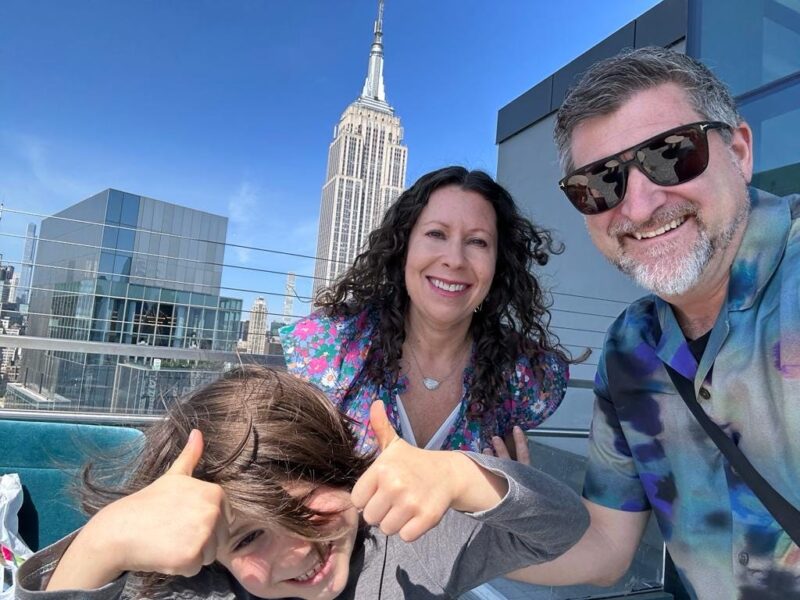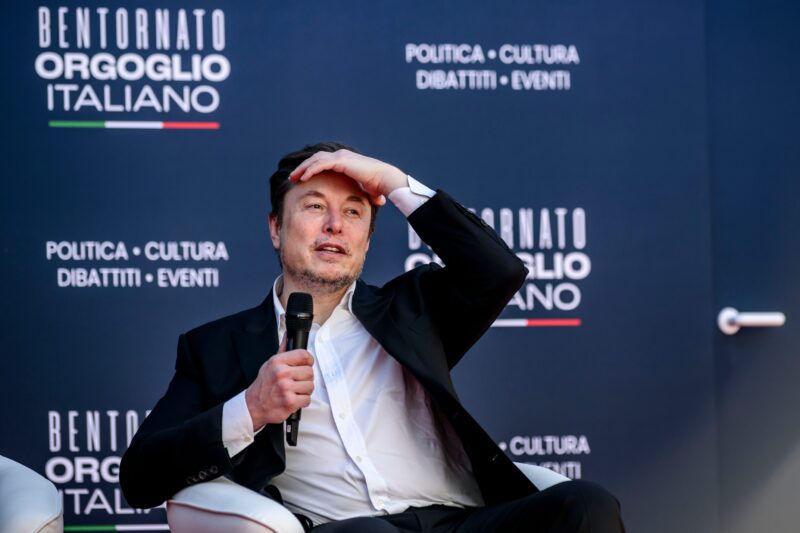Bill Gates isn’t opposed to giving people money for free – particularly as a means to lift them out of poverty – but he doesn’t think universal basic income (UBI) is ready for public use quite yet.
In a February 27 AMA on Reddit, the philanthropist and co-chair of the Gates Foundation responded with some hesitation to a question about UBI, a system of income distribution in which everyone receives a set amount of money regardless of job or income level.
Proponents of UBI claim the system could close gaps in equality, as everyone’s basic needs would be met through the basic income and some of the funding could come from heavy taxes at the top.
“Over time countries will be rich enough to do this,” Gates said. “However we still have a lot of work that should be done – helping older people, helping kids with special needs, having more adults helping in education.”
It’s not the first time Gates has mentioned those factors as pressing problems. In a February interview with Quartz editor-in-chief Kevin Delaney, Gates brought them up as industries currently short on staff.
The automation of American labor through robotics and artificial intelligence doesn't motivate Gates to push for UBI like it does for many advocates. He believes technology will produce untold wealth for countries, but in his interview with Delaney, Gates said he'd prefer to see the increased wealth used to finance sectors in need of more people. People who have lost their job to automation could receive training to fill those roles.
In any case, countries still don't have the necessary wealth to finance something as sweeping as UBI, he says.
"Even the US isn't rich enough to allow people not to work," Gates said. "Some day we will be but until then things like the Earned Income Tax Credit will help increase the demand for labor."
The Earned Income Tax Credit, or EITC, is a form of "negative income tax." Families who make under a certain threshold and maintain a steady job receive money from the government come tax season instead of paying income tax. The goal of the program is to incentivize work, help low-income families save money, and, ideally, give them the means to escape poverty for good.
Gates has championed other forms of handouts to the poor (namely, donating chickens to citizens of developing countries). Through a partnership with Heifer International, Gates donated 100,000 chickens to families in sub-Saharan Africa in 2016.
"These chickens are multiplying on an ongoing basis, so there's no investment that has a return percentage anything like being able to breed chickens," he said at a press event announcing the partnership. Families can breed the chickens, sell them for food or other livestock, and, if times get rough, eat them.
Gates bristled at the idea of simply giving families the cash value of those chickens instead.
"It's the classic thing of teaching someone how to fish," Gates said. "Now, if you don't live near water, then it's pretty hard to fish. But the parable could've been stated in terms of giving somebody a chicken."











